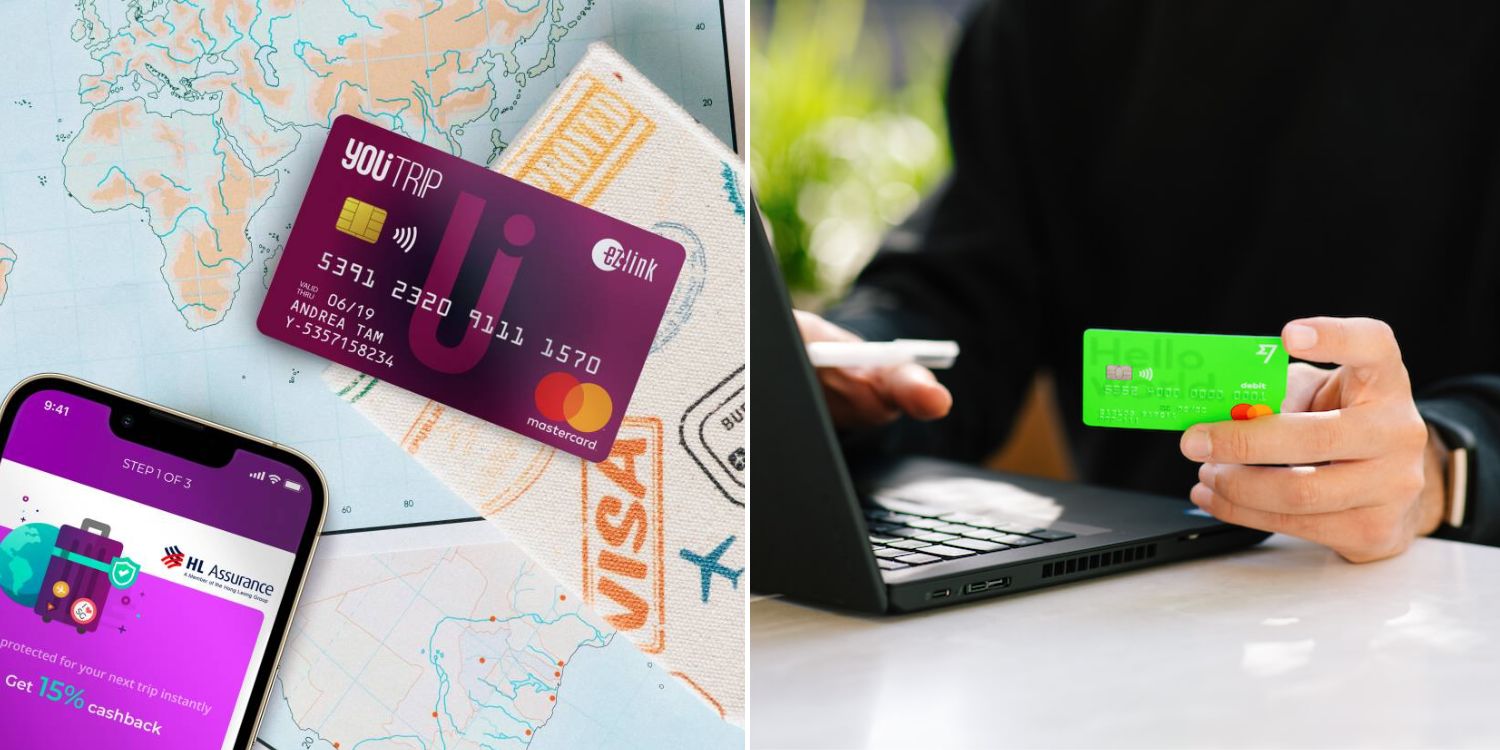Multi-Currency E-Wallets Popular For Favourable Exchange Rates
As the world becomes more technologically advanced, the cashless movement is also gaining momentum.
Although travellers have always been able to pay with their credit cards overseas, apps such as YouTrip have entered the scene in recent years.
Apart from offering more competitive exchange rates, these multi-currency e-wallets often have other useful perks, such as lower transaction fees.
Benefits aside, these payment apps are also subject to cybersecurity risks, similar to traditional credit cards.
E-wallet apps store multiple currencies with increasing wallet limit
Channel NewsAsia (CNA) reported that Revolut, Wise, and YouTrip are three of the most popular multi-currency e-wallet apps in Singapore.
These apps allow users to store multiple currencies.
A user in Singapore, for example, might keep Singapore dollars in the e-wallet, which they can then convert to other currencies.
On its website, Revolut boasts “great exchange rates” for more than 30 currencies and the ability to spend in over 150 countries.
Meanwhile, Wise allows users to “spend abroad with the real exchange rate”.
“No markups, no sneaky transaction fees,” says the e-wallet app on its website.
Apart from holding over 40 currencies, Wise users can also withdraw up to S$350 from overseas ATMs once every month for free.

Source: Wise
They’d have to pay a “super-low” fee for subsequent withdrawals.
YouTrip users have also raved about the company’s lack of transaction fees, as compared to conventional bank-issued credit cards, which charge 2% to 3% foreign transaction fees.
This is on top of conversion rates which are reportedly better than brick-and-mortar money changers.
YouTrip CEO Caecilia Chu told CNA earlier this year that the company’s foreign exchange rates have gotten better since it entered the market in 2018.
The wallet limit for all three apps is also set to increase from S$5,000 to S$20,000 by the end of this year, reported CNA.
Cybersecurity risks exist for both credit cards and e-wallets
That said, these e-wallets come with their share of cybersecurity risk — similar to that of using credit cards issued by banks.
Experts generally encourage users to practise cyber hygiene and minimise the funds held in such e-wallets.
“Cybersecurity risks are inherent in digital services, even for well-established banks,” said Mr Tan Kiang Khiang — course chair for Singapore Polytechnic’s diploma in banking and finance — to CNA.
However, e-wallets like Revolut, Wise, and YouTrip have tried to assure their users in this department.
Revolut, for example, secures its transactions with two-factor authentication.
Meanwhile, Wise offers users the option to freeze and unfreeze their cards instantly.
YouTrip similarly has a one-click lock system that allows users to lock their card if it has been misplaced.
Have you tried any one of these e-wallets on your travels? Let us know your experiences in the comments below.
Also read: Visitors To China Can Link Visa & Mastercard Accounts To WeChat Pay For Cashless Payments
Visitors To China Can Link Visa & Mastercard Accounts To WeChat Pay For Cashless Payments
Have news you must share? Get in touch with us via email at news@mustsharenews.com.
Featured image adapted from Asian Journeys and Wise for illustration purposes only.









